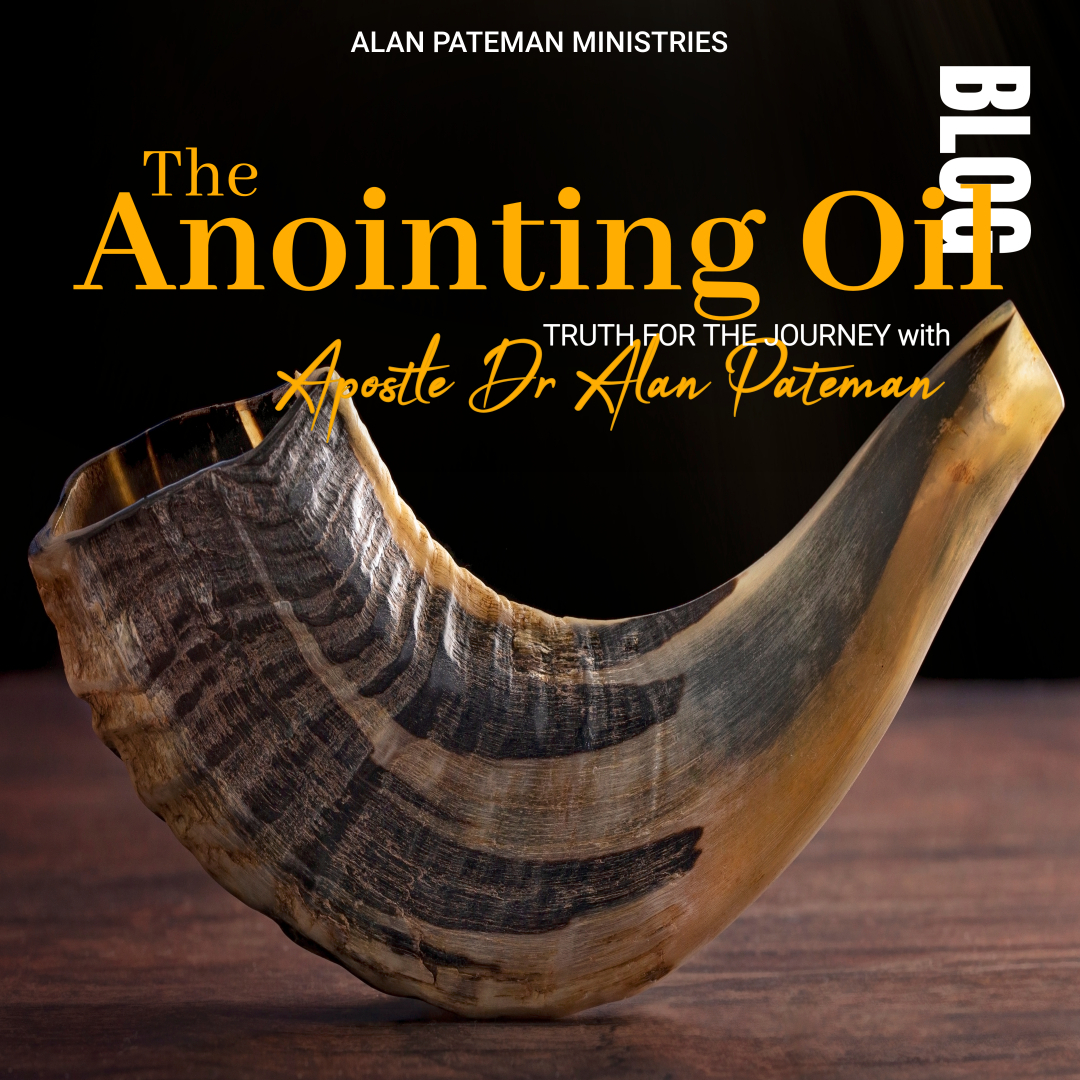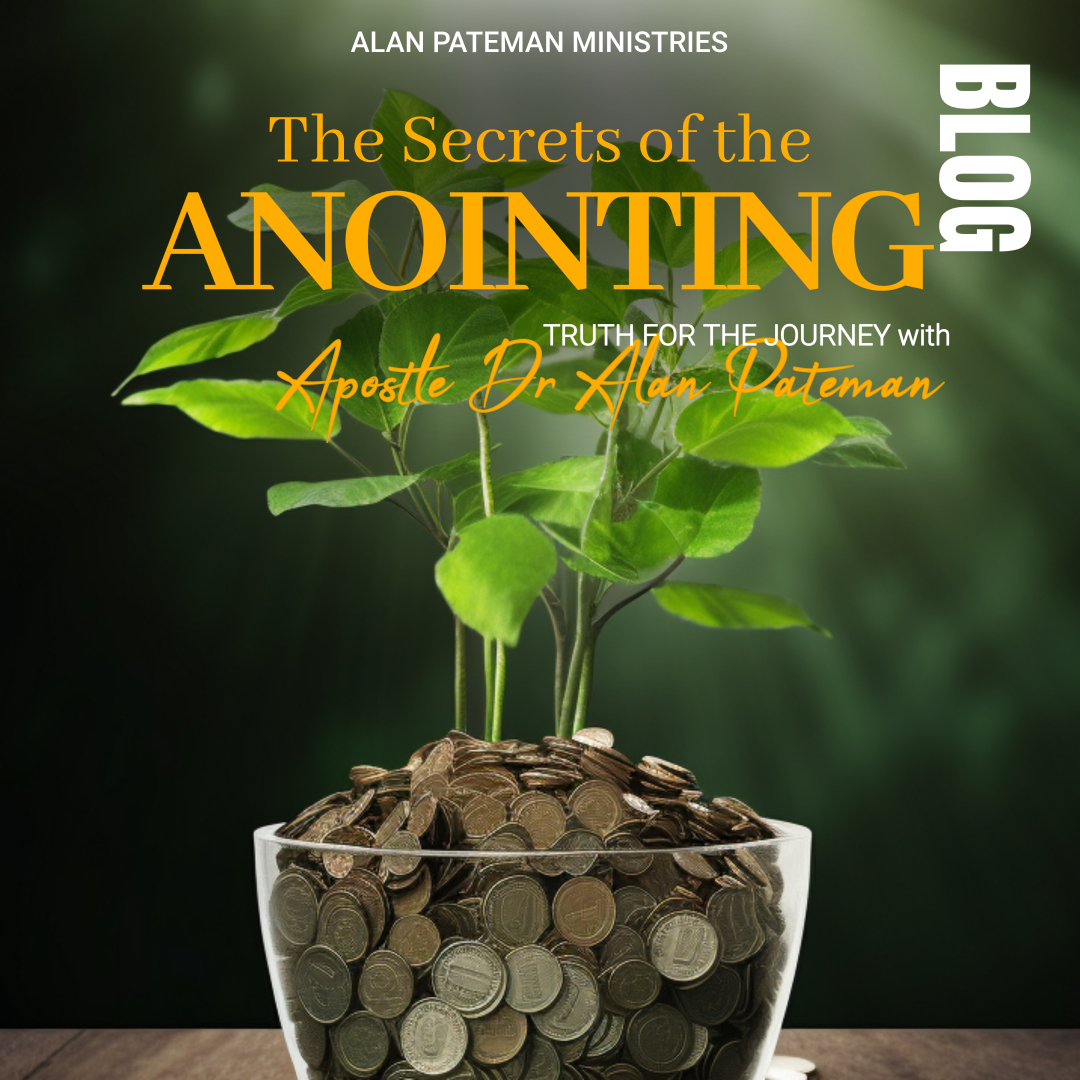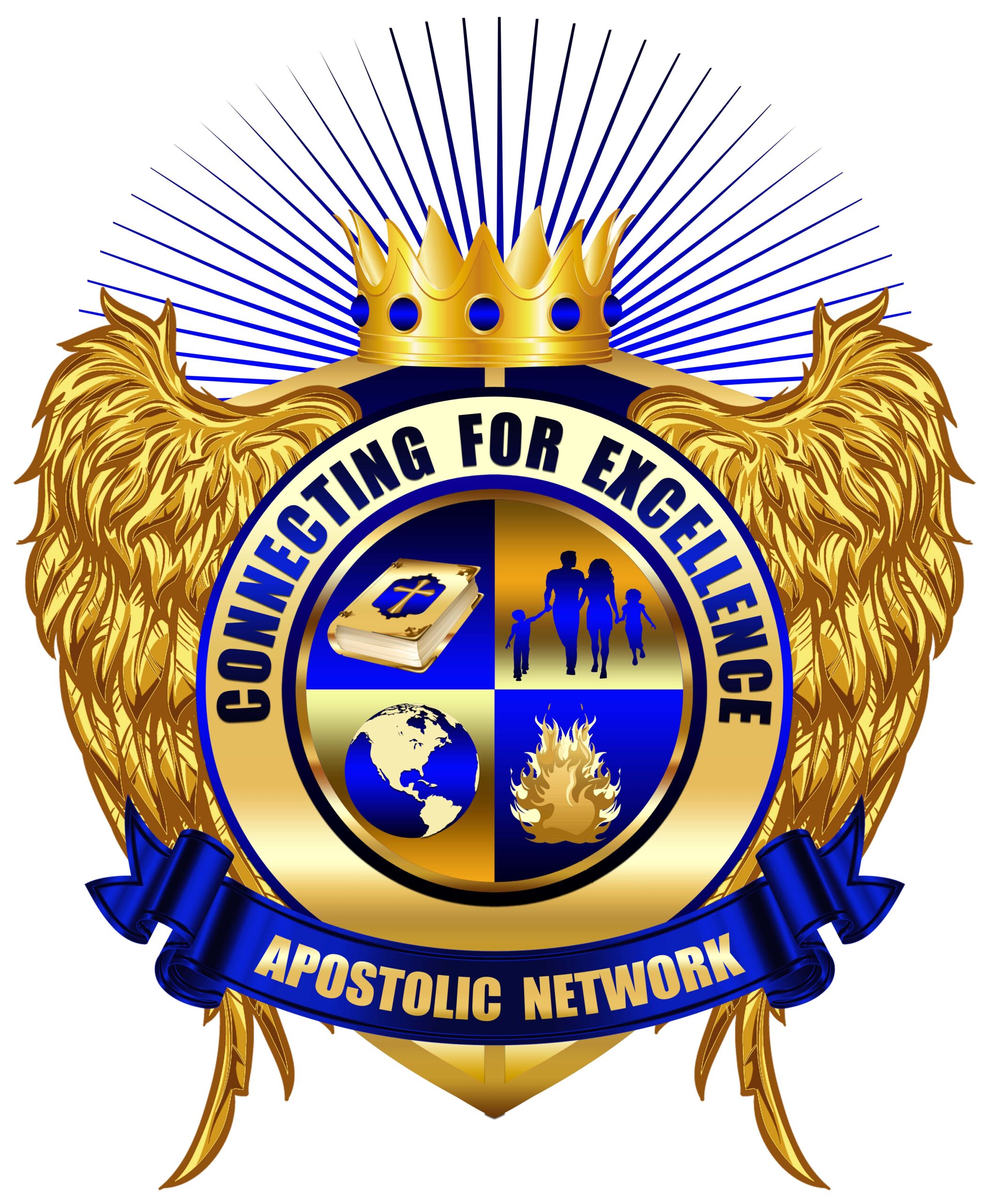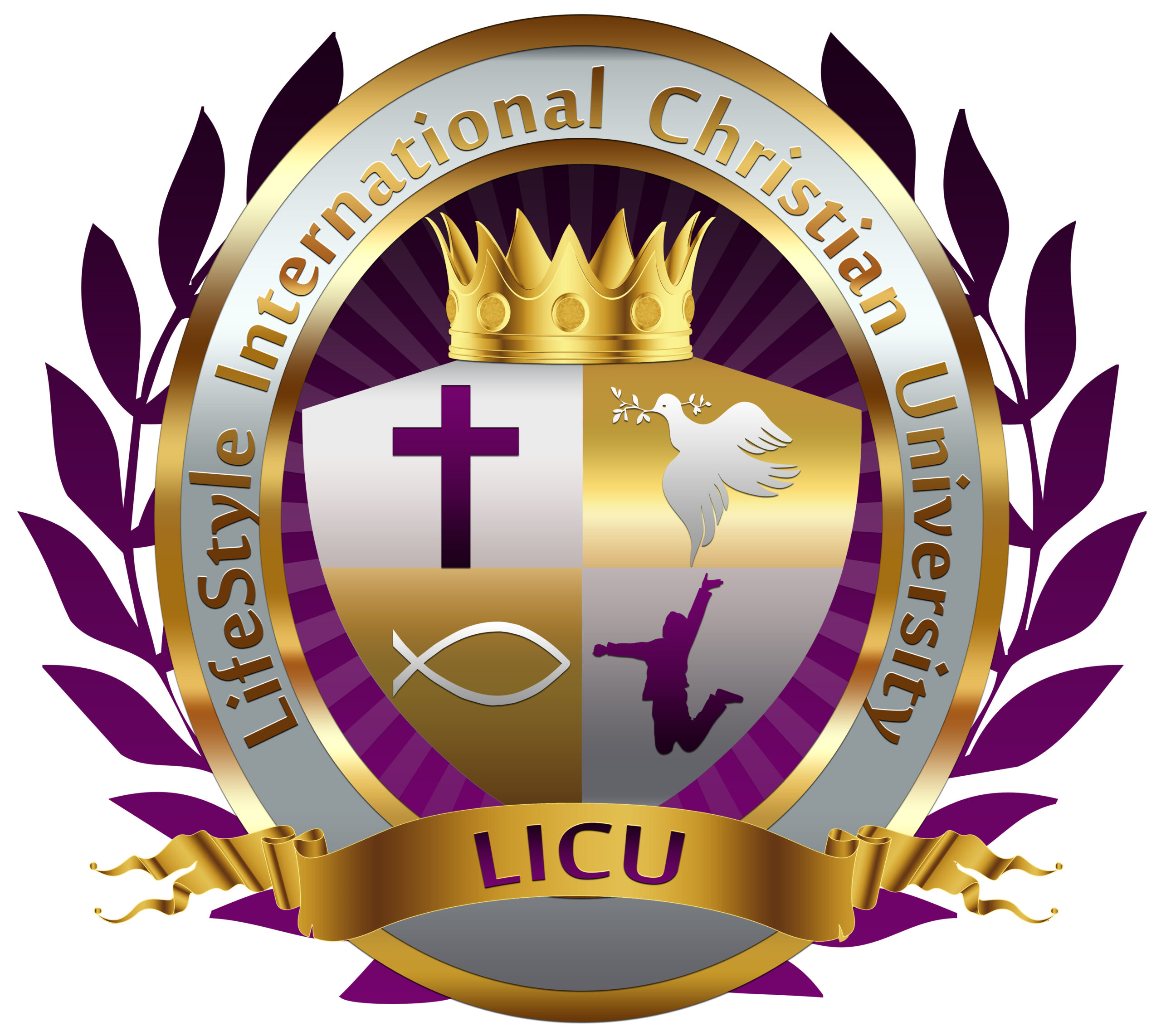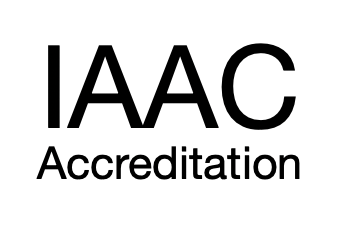The Office of an Apostle

Many years ago I was ordained a “bishop” and this is just one of the titles that I have gained over the years but I have certainly not chased titles, rather they have chased me! However through the process of my own personal journey I have discovered the importance of such titles, simply because God gave specific gifts and offices to the church therefore we must be able to recognise, who is who.
- Built on the foundation of the apostles and prophets, with Christ Jesus Himself as the chief cornerstone. In Him the whole building is joined together and rises to become a holy temple in the Lord. And in Him you too are being built together to become a dwelling in which God lives by his Spirit (Ephesians 2:20-22).
God is not the author of confusion; He knows exactly who he has anointed to serve the purposes, what gifts He bestowed on each and exactly how they should operate (not excluding how others should address or recognise them!)
Many Extremes Exist
Even though many extremes exist out there, this is still not reason enough to totally dismiss or be in denial about God’s gifts for the local church. When we behave like this it is either out of fear or just plain unbelief! In fact many have chosen to discourage the use of such titles, based exclusively on their own perceptions and then teach such perceptions (perceived truths) to the rest of the body. But this is not based upon the word of God, as scripture itself is very clear concerning the correct use of titles.
Avoiding Error
This means that the very people who attempt to avoid error concerning titles, end up embracing it and then propagating it! All because it feels more acceptable! This type of “replacement theology” occurs when people literally “replace” truth for what allows them to stay within the confines of their own religious comfort zones!
Of course all of us cannot go further than what we have been taught or that which has been revealed to us personally by the Holy Spirit. For example, in the Faith Movement everybody is considered a “pastor!,” but in the Evangelical Movement there is a greater emphasis on “eldership” and having a “set” minister.
So generally speaking, there is wide recognition for the pastoral gift, the evangelistic gift and the teacher, but when it comes to the apostle and prophet, they are commonly denied or ignored! People tend to forget that Jesus was indeed our apostle and high priest; with many more titles besides, but not least our apostle!
- Therefore, holy brothers, who share in the heavenly calling, fix your thoughts on Jesus, the apostle and high priest whom we confess. (Hebrews 3:1)
I can share from personal experience, that when I travel throughout Europe, it’s easier to use the word apostle than bishop! Yet when I travel throughout the African churches, there is a much greater emphasis on the “bishops,” who are held in great esteem, while all others are perceived as being beneath such hierarchy.
Dicose Episcopate
I would suggest that this is a little backward! Yet I’m not saying we should now throw-the-baby-out-with-the-bath-water and get rid of all the bishops. Not at all! Though correct and balanced teaching must be brought back into the church, especially where leadership positions and titles are concerned. Now if the anointing flows down and not up, this means that church leaders must get this accurate or the rest of the body will be confused.
There is nothing in this system, which corresponds exactly to the modern diocese episcopate; bishops, when they are mentioned (Philippians 1:1) are from a board of local congregational officers and the position occupied by Timothy and Titus is that of Paul’s personal lieutenants in his missionary work. It seems most likely that he was then specially designated with the title of bishop; but even when the monarchical bishop appears in the letters of Ignatius, he is still the pastor of a single congregation.
The word episkopos occurs five times in the NT: once of Christ (1 Peter 2:25) and in four places of “bishops” or “overseers” in local churches (Acts 20:28; Philippians 1:1; 1 Timothy 3:2, Titus 1:7). The verb episkopeo occurs in Hebrews 12:15 (“watching”) and (in some NT MSS) 1 Peter 5:2 (“exercising the oversight”).
A bishop then has “oversight of,” he is an “overseer.” 1 Peter 5:2 says, “Feed the flock of God which is among you, taking the oversight thereof” (KJV). The Greek word for “oversight” is episkopeo – to oversee, to beware, to look diligently, take the oversight. Extra words given: direction (about the times), have charge of, take aim at (spy), regard, consider, take heed, look at (on), mark.1
The Governing Role and Office of an Apostle
Take for instance when I was on a ministry trip to South Africa, I was asked to be involved in a presbytery, during a particular ordination service. Some of those individuals to be ordained that day, I might add, were accomplished men in their own right, one in particular was acting chaplain to a very high-ranking government official within his own country and was held in high regard himself.
However during the process of this extremely ceremonial meeting, they proceeded to make such a fanfare of these prospective bishops, to the point that it was almost ridiculous! The last person they ordained that day was a woman evangelist, whom they ordained as an apostle and whom they gave very little prominence to at all. They clearly misunderstood the governing role and office of an apostle, versus the general overseeing role and office of a bishop, (I had the unpleasant job of trying to straighten out their theology before I left).
However we cannot allow confusion to reign unchallenged, in the body of Christ, especially concerning such important matters as these. This fuels my passion even more, to help restore some clarity back into the church, about the true position, nature and role of the apostle; in regards to the other five-fold-ministry gifts, as well as putting the record straight about “bishops” who were originally and basically commissioned as “overseers” for the local-church!
Apostolic and the Prophetic
Only by turning to scripture can we reveal the true position-that-goes-with-the-title and show up whether or not certain “replacement doctrine” has crept into the church. Again, once error is embraced, it readily circulates throughout the rest of the body like a virus that must be stopped and corrected!
It’s important for us to realise that we are currently in the move of the apostolic and the prophetic – so let’s define the gift of apostle in particular and whether such a gift truly exists today! Please at this point – don’t decide that titles do not matter, they do have their place, even today!
Consider Paul in whose writings he often declared himself, “Paul an apostle.” Why? Because Paul knew exactly who he was and what he was commissioned to do. This should be true of the rest of us, because there is clear foundation and structure to the body of Christ, which Jesus Himself put into place.2
NOTES:
1. Strong’s Exhaustive Concordance, #G1983
2. This chapter is an excerpt from the book “The Age of Apostolic Apostleship” by Dr Alan Pateman, ISBN-13: 978-1909132658, available on Amazon and other retail outlets.
Unless otherwise indicated, all scriptural quotations are from the HOLY BIBLE, NEW INTERNATIONAL VERSION ®. NIV ®. Copyright © 1973, 1978, 1984 by the International Bible Society. Used by permission of Zondervan Publishing House. All rights reserved.
Scripture references marked KJV are taken from the King James Version of the Bible.









